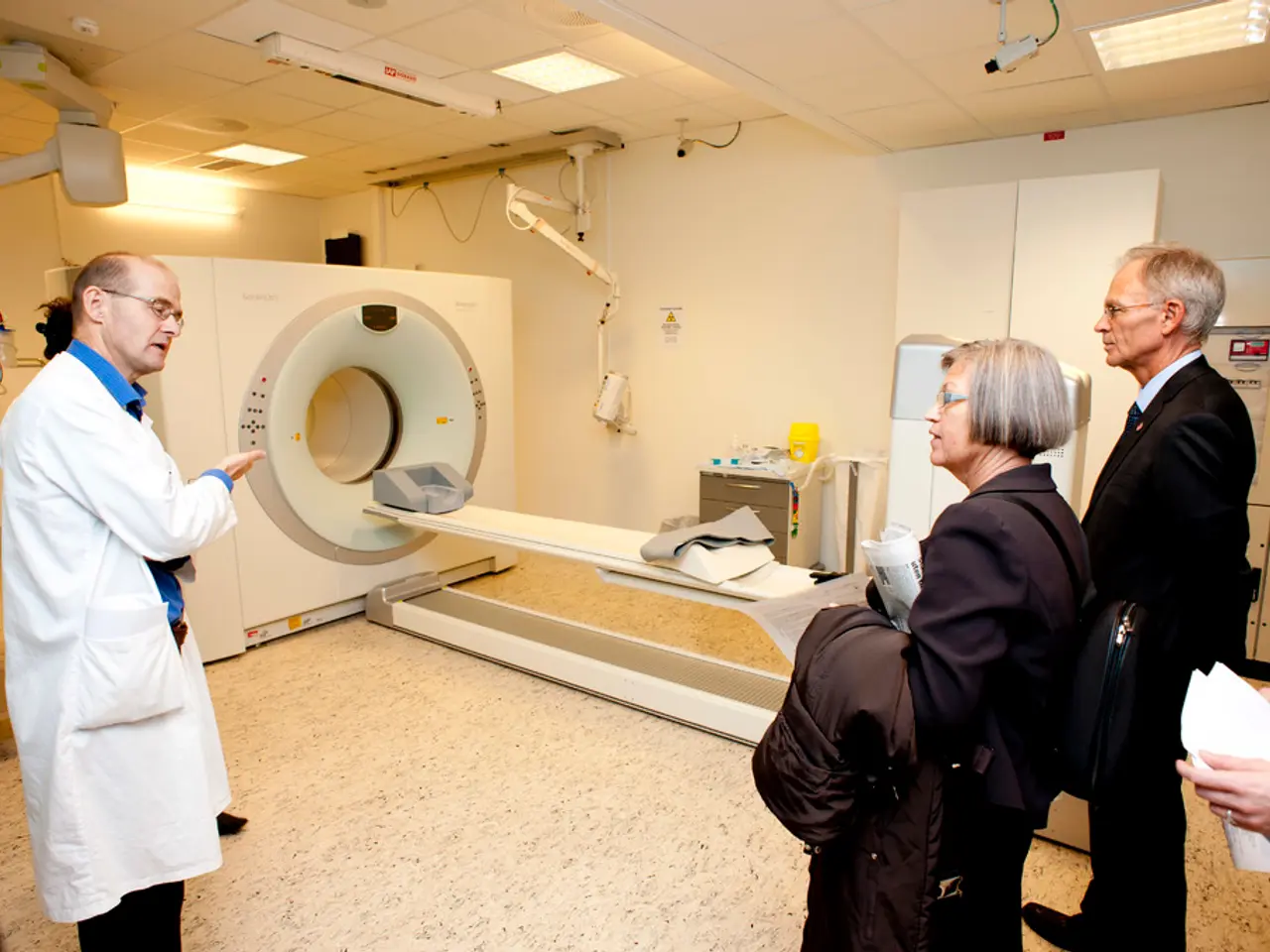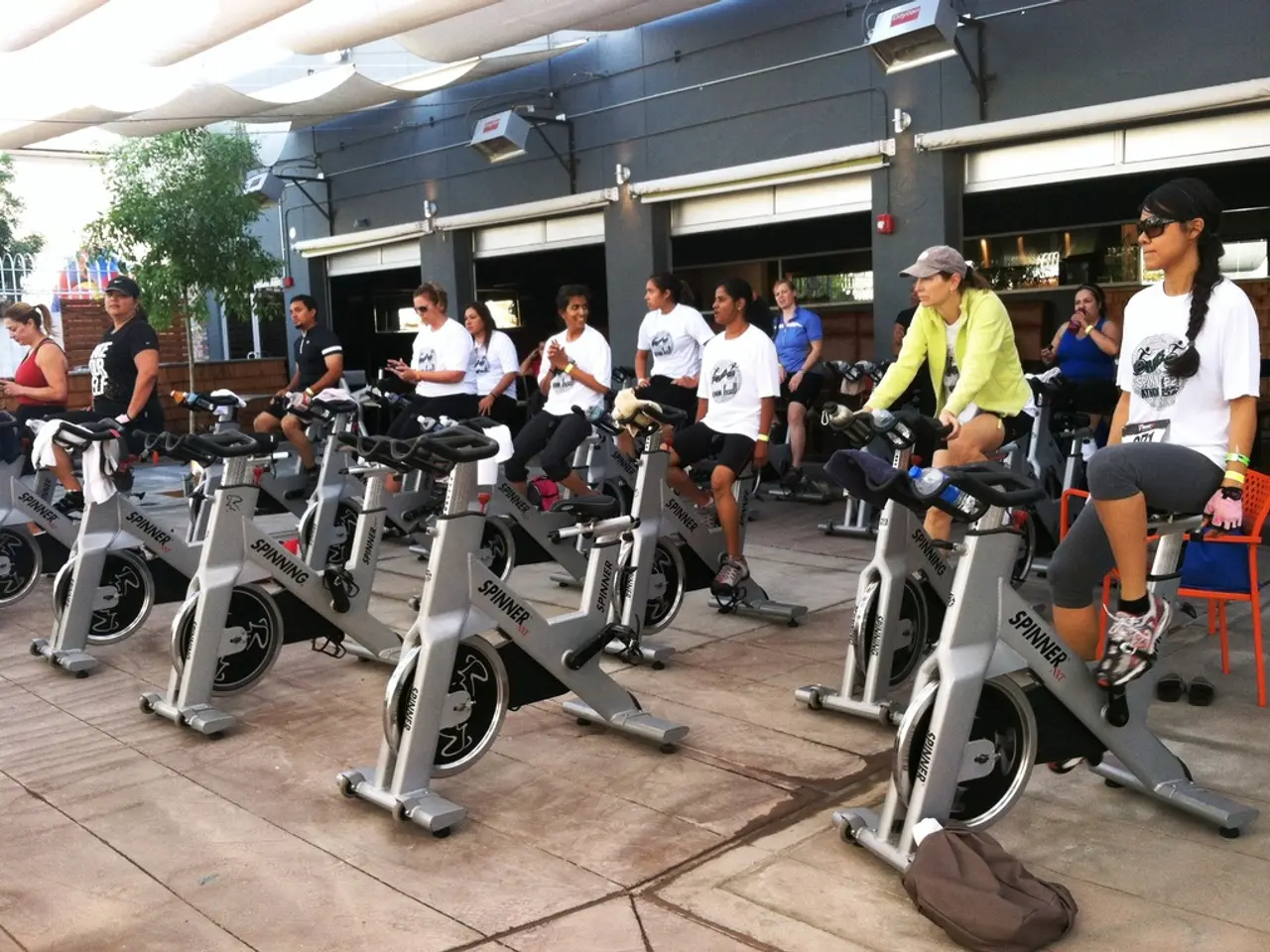Examining Polygraph Examinations: Elements Potentially Influencing Accuracy
Polygraph tests, often referred to as 'lie detectors,' have long been a subject of interest and controversy due to their potential to uncover deception. However, it is essential to understand the factors that can influence the accuracy of these tests.
One critical aspect is the human interpretation of the physiological data. While technology plays a significant role, the expertise of the examiner is equally important. Human bias or misinterpretation can lead to inaccurate conclusions[1].
The questioning techniques used during the test are another significant factor. Techniques like the relevant-irrelevant test and comparison question test require careful formulation to avoid misleading results[2].
Individual physiological responses can vary widely. Some people may exhibit strong physiological reactions due to stress or anxiety rather than deception, while others may not react at all, affecting the test's accuracy[2].
External factors such as room temperature, noise, and the presence of distractions can influence the physiological responses being measured, potentially leading to inaccurate readings[1].
The mental state of the test subject (e.g., anxiety, stress, or fatigue) can affect their physiological responses, thereby impacting the test results[1].
The quality and calibration of the polygraph equipment can also affect the accuracy of the test. Modern polygraphs that use advanced scoring systems, like the Empirical Scoring System (ESS), can enhance accuracy[1].
Highly trained and experienced examiners can better manage the test environment and interpret results more accurately than those with less experience[1].
Certain medical conditions or medications can alter physiological responses, potentially misleading the test results[2].
Individuals may also use countermeasures to try and beat a polygraph test, such as altering breathing patterns, tensing muscles, or performing complex mental exercises[4]. These countermeasures can affect the results of a polygraph test[5].
Lastly, the lack of standardization in polygraph testing procedures can contribute to inconsistencies in test outcomes[6]. This lack of standardization is one of the reasons why polygraph test results are not universally accepted in courtrooms due to the potential for inaccuracies[7].
In conclusion, the accuracy of a polygraph test depends on the combined integrity of the test procedure, the subject's condition, and the examiner's expertise. It is essential to approach polygraph tests with a clear understanding of their potential limitations and the factors that can influence their accuracy.
[1] American Polygraph Association. (n.d.). _The polygraph examination_. Retrieved from https://www.polygraph.org/the-polygraph-examination/ [2] National Institute of Justice. (2003). _Polygraph testing in criminal investigations: An updated review and analysis_. Retrieved from https://www.ncjrs.gov/pdffiles1/nij/grants/217825.pdf [3] American Psychological Association. (2003). _Polygraph testing for federal employees: A scientific assessment_. Retrieved from https://www.apa.org/science/about/psa/2003/09/polygraph.aspx [4] American Polygraph Association. (n.d.). _Countermeasures_. Retrieved from https://www.polygraph.org/countermeasures/ [5] National Institute of Justice. (2003). _Polygraph testing in criminal investigations: An updated review and analysis_. Retrieved from https://www.ncjrs.gov/pdffiles1/nij/grants/217825.pdf [6] American Psychological Association. (2003). _Polygraph testing for federal employees: A scientific assessment_. Retrieved from https://www.apa.org/science/about/psa/2003/09/polygraph.aspx [7] National Academy of Sciences. (2003). _The polygraph and lie detection_. Retrieved from https://www.nap.edu/read/10521/chapter/1
- The accuracy of polygraph tests, known as 'lie detectors,' is reliant upon the test procedure's integrity, the subject's condition, and the examiner's expertise.
- The human interpretation of physiological data is a significant aspect, with the technology's role being complemented by the examiner's expertise to prevent human bias or misinterpretation.
- Individual physiological responses can vary widely, with some people exhibiting strong reactions due to stress or anxiety rather than deception, while others may not react at all, impacting the test's accuracy.
- External factors such as room temperature, noise, and the presence of distractions can influence the physiological responses being measured, potentially leading to inaccurate readings.
- The mental state of the test subject, such as anxiety, stress, or fatigue, can affect their physiological responses, thereby impacting the test results.
- Certain medical conditions or medications can alter physiological responses, potentially leading to inaccurate polygraph test outcomes.
- The quality and calibration of the polygraph equipment can also impact the accuracy of the test, with modern systems like the Empirical Scoring System (ESS) enhancing accuracy.




